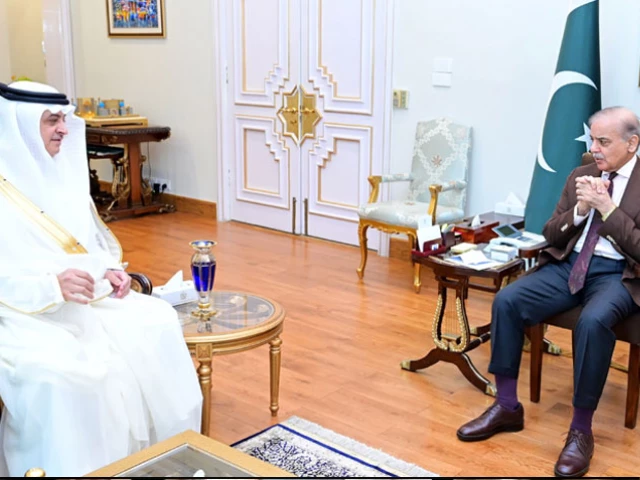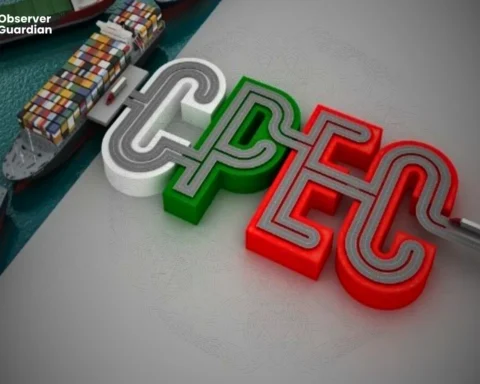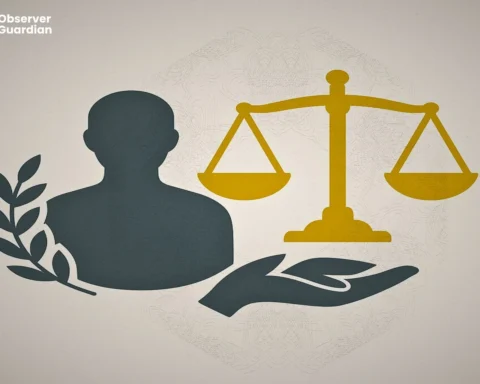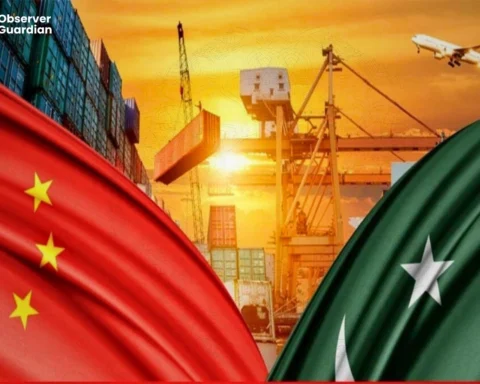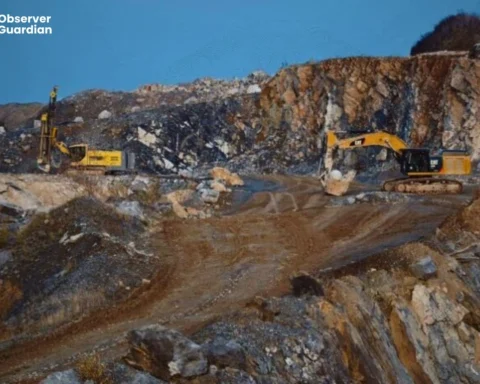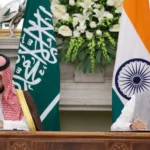PM Shehbaz Seeks Saudi Support to Ease India-Pakistan Tensions
ISLAMABAD – Prime Minister Shehbaz Sharif called on Saudi Arabia and other friendly nations on Friday to help de-escalate tensions with India in the aftermath of the Pahalgam attack, as diplomatic strains between the two nuclear-armed neighbors continue to rise.
Key Points from PM’s Meeting with Saudi Ambassador
1. Appeal for Regional De-escalation
-
PM Sharif urged Saudi Arabia and other allies to encourage India to exercise restraint and avoid further escalation.
-
He reiterated Pakistan’s commitment to peace, rejecting India’s “baseless accusations” linking Islamabad to the April 22 Pahalgam attack, which killed 26 people in Indian-administered Kashmir.
-
“Pakistan supports a neutral, international investigation into the incident,” Sharif stated.
2. Focus on Economic Stability
-
The PM emphasized that Pakistan will not compromise its economic progress, achieved through 15 months of reforms with international support, including from Riyadh.
-
“We cannot afford irresponsible actions that undermine our hard-earned stability,” he said.
3. Gratitude to Saudi Leadership
-
Sharif conveyed appreciation to King Salman bin Abdulaziz and Crown Prince Mohammed bin Salman for their consistent support.
-
Saudi Ambassador Nawaf bin Saeed Al-Maliky reaffirmed Riyadh’s commitment to regional peace and strong ties with Pakistan.
Broader Context: Rising India-Pakistan Tensions
-
India’s Allegations: New Delhi blamed Pakistan for the Pahalgam attack without evidence, leading to a diplomatic fallout.
-
Pakistan’s Response: Islamabad denied involvement, offered a joint probe, and retaliated against India’s suspension of the Indus Waters Treaty and border closures.
-
International Concern: The situation has drawn global attention, with fears of military escalation in an already volatile region.
Why It Matters
-
Saudi Arabia’s Role: As a key mediator in the Muslim world and a strategic partner of both Pakistan and India, Riyadh’s influence could help ease tensions.
-
Economic Risks: Further hostilities could disrupt Pakistan’s economic recovery and foreign investment prospects.
-
Global Implications: Any prolonged crisis risks destabilizing South Asia, a region already grappling with security challenges.
What’s Next?
-
Diplomatic Outreach: Pakistan is likely to engage more allies, including China and the UAE, to prevent escalation.
-
International Mediation: Calls for third-party intervention may grow if bilateral talks remain stalled.
-
Security Preparedness: Both nations maintain high military alert, raising risks of unintended clashes.
PM Shehbaz’s appeal to Saudi Arabia signals Pakistan’s preference for dialogue over confrontation. However, with India maintaining a hardline stance, the crisis remains precarious. The coming weeks will test whether diplomatic channels can prevail over rising hostilities.
“War is not an option—but Pakistan will defend itself if forced,” a government official warned. The world watches as the two rivals navigate this dangerous standoff. 🌍⚖️

